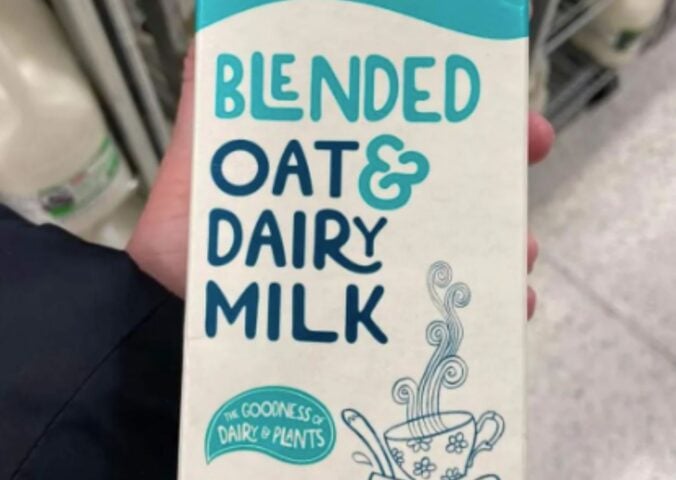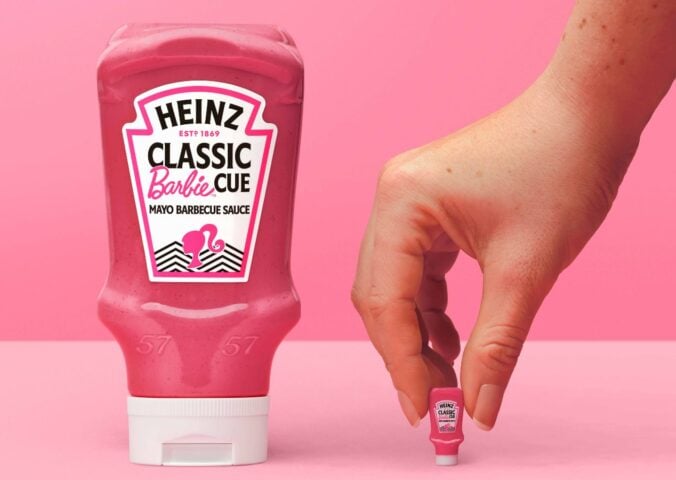Earlier this month, reports circulated that health advocacy groups are petitioning the US Food and Drug Administration to ban the use of methylene chloride, a liquid commonly used to extract caffeine from tea and coffee.
Read more: 81% Of USA Sandwich Bags Contain Toxic ‘Forever Chemicals’
US advocacy group the Environmental Defense Fund (EDF) and its co-petitioners argue that methylene chloride’s use in decaffeination violates the 66-year-old Delaney Clause, which requires the Food and Drug Administration (FDA) to ban any carcinogenic additives.
The petition follows the introduction of a bill recently by California’s State Assembly, which looks to ban the use of methylene chloride (or dichloromethane) in decaffeination processes within the state. If successful, any food and drink produced using the chemical elsewhere but sold in California would also need clear labels containing this information. Methylene chloride is a likely carcinogen, meaning it has the capacity to cause cancer in humans.
The EPA banned the manufacture, processing, and distribution of methylene chloride in domestic paint strippers and grease removers in 2019. However, several industrial practices still involve the chemical, including in the production of decaffeinated beverages like coffee and tea.
Read more: Stop Using ‘Misleading’ Ultra-Processed Label, Says New Report
Is decaf coffee really unsafe?

While consumer exposure is now minimal after the EPA’s ban on domestic use, those working with the chemical at an industrial level still risk negative health outcomes from methylene chloride exposure. There are also some environmental considerations, such as the way chemicals like methylene chloride may contribute to ozone depletion in the tropics.
According to the Centers for Disease Control and Prevention (CDC), exposure to methylene chloride can harm the eyes, skin, liver, and heart, as well as causing drowsiness, dizziness, numbness, tingling limbs, and nausea. Severe exposure can cause death.
Because of these health risks, the FDA notably only allows the use of methylene chloride in the decaffeination process if residues do not exceed “10 parts per million” in the final product. This minuscule amount (around 0.001 percent) has been considered harmless when consumed, particularly in the finite quantities people typically enjoy decaf coffee.
William Murray, President and CEO of the National Coffee Association, told CNN that banning decaf coffee made with methylene chloride would “defy science.” He said that there is “no evidence” current methods of production causes risks.
Dr. Maria Doa, senior director of chemical policy for the EDF, told the publication that FDA guidance on the chemical is “decades old and clearly outdated.” She added that there is “more information on the toxicity of methylene chloride and the levels at which it causes this toxicity.” Dr Doa said that people are drinking considerably larger portion sizes of coffee these days, which could affect the how much of the chemical they are exposed to.
Another nutritionist, who wasn’t involved in the petition, said that there “still isn’t a lot of clear or conclusive research that ingesting residual levels in coffee specifically will cause cancer or other problems.”
The petitioners noted that even the minimal levels of methylene chloride found in decaf coffee are unnecessary because other, potentially safer, processing methods are available.
Read more: A High Seafood Diet May Expose You To Large Amounts Of ‘Forever Chemicals’
Are there other ways to make decaf coffee?
Theo Chan, Founder and Managing Editor of the review website Coffee Roast told Plant Based News (PBN) about the various different ways decaf coffee can be produced without methylene chloride – whether it is unsafe to drink or not – and how each impacts flavor.
While Chan is not a health expert, he told PBN that he drinks decaf made using the “Swiss Water Process” for its superior taste.
“Swiss Water and Carbon Dioxide processes provide chemical-free alternatives for decaffeinating coffee,” explained Chan, a self-described “coffee sommelier” who has cupped thousands of specialty coffees. The Swiss Water Process removes 99.9 percent of caffeine.
“The Swiss Water Process, particularly notable for not using chemical solvents, leverages water to naturally remove caffeine while preserving the beans’ intrinsic flavors,” he continued. “This method can enhance the coffee’s natural sweetness and improve its mouthfeel, as it does not strip away essential oils and flavor compounds.”
While the Swiss Water method is Chan’s go-to for decaf thanks to its flavor benefits, he notes that the Carbon Dioxide Process – which uses liquid CO2 to extract caffeine from coffee beans – also avoids harmful chemicals entirely and “maintains flavor integrity.”






